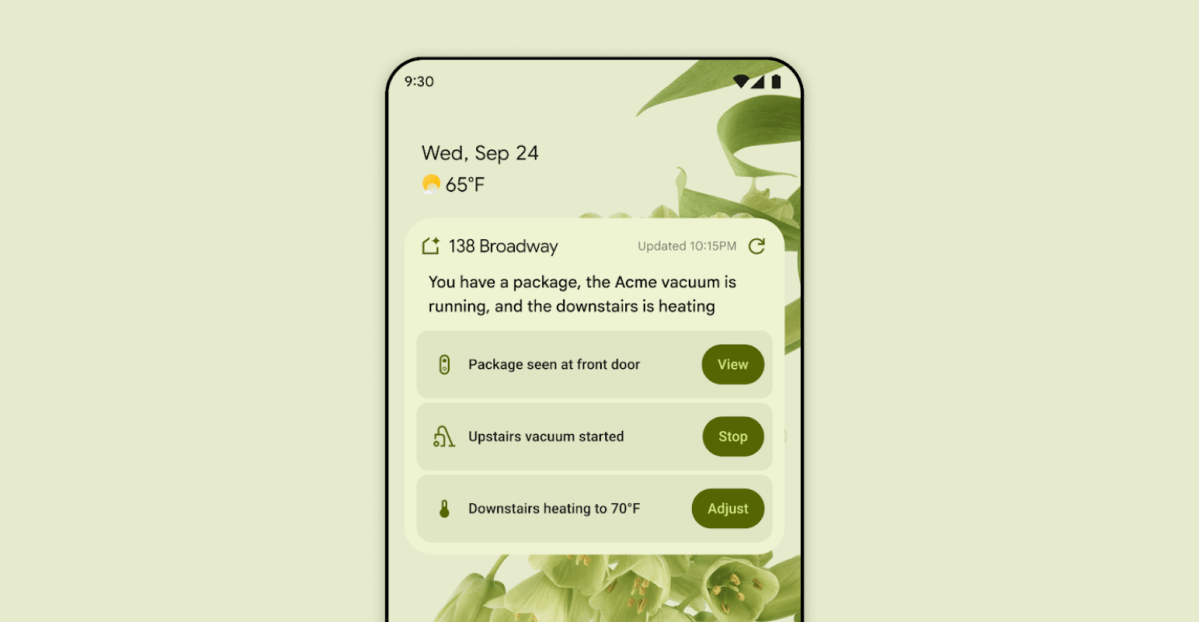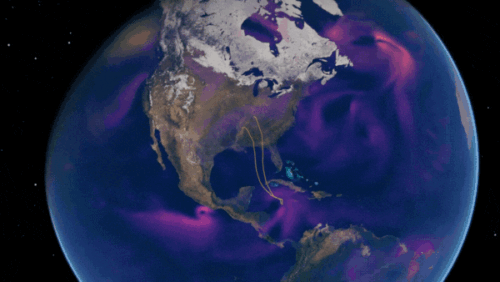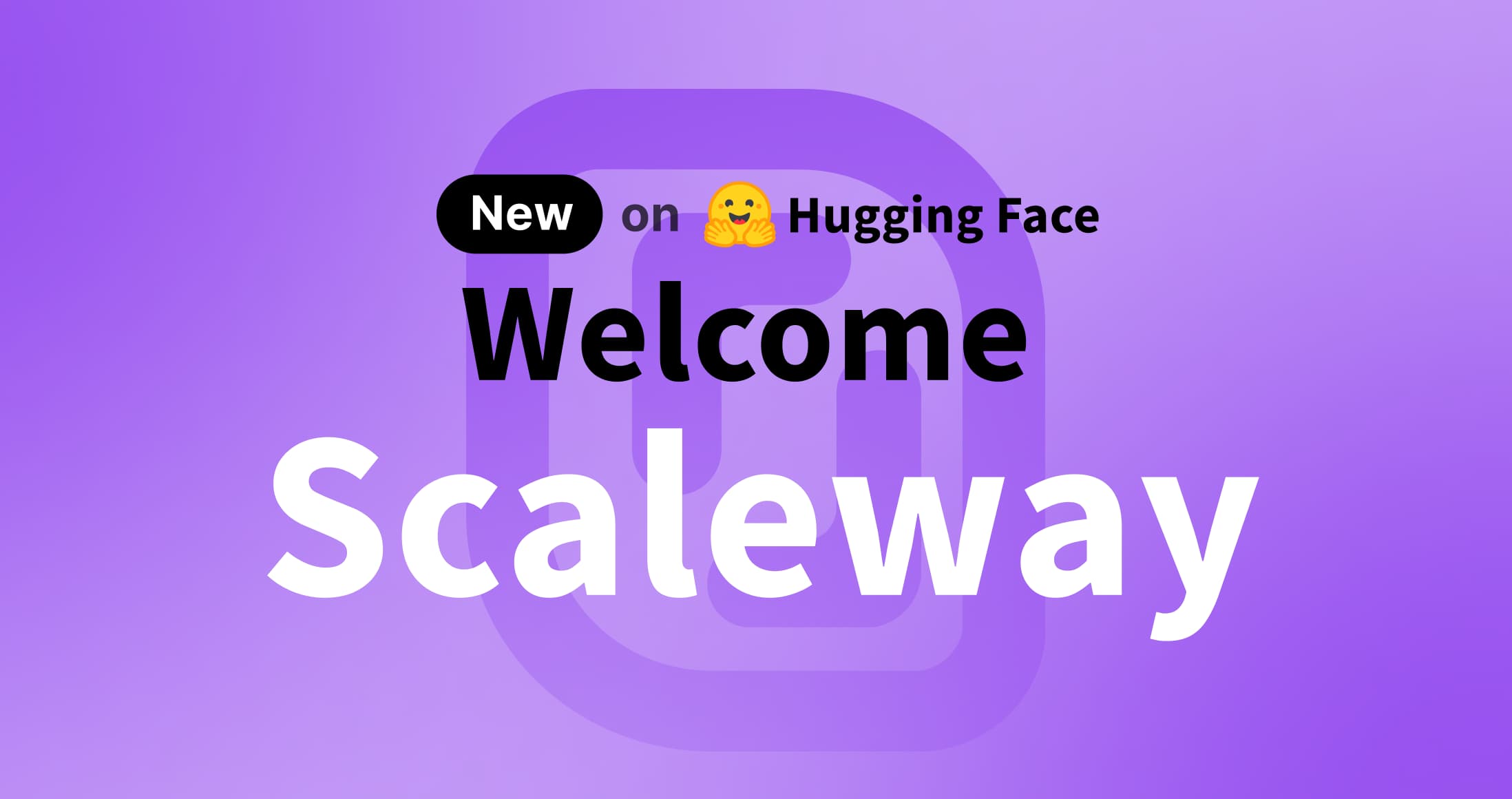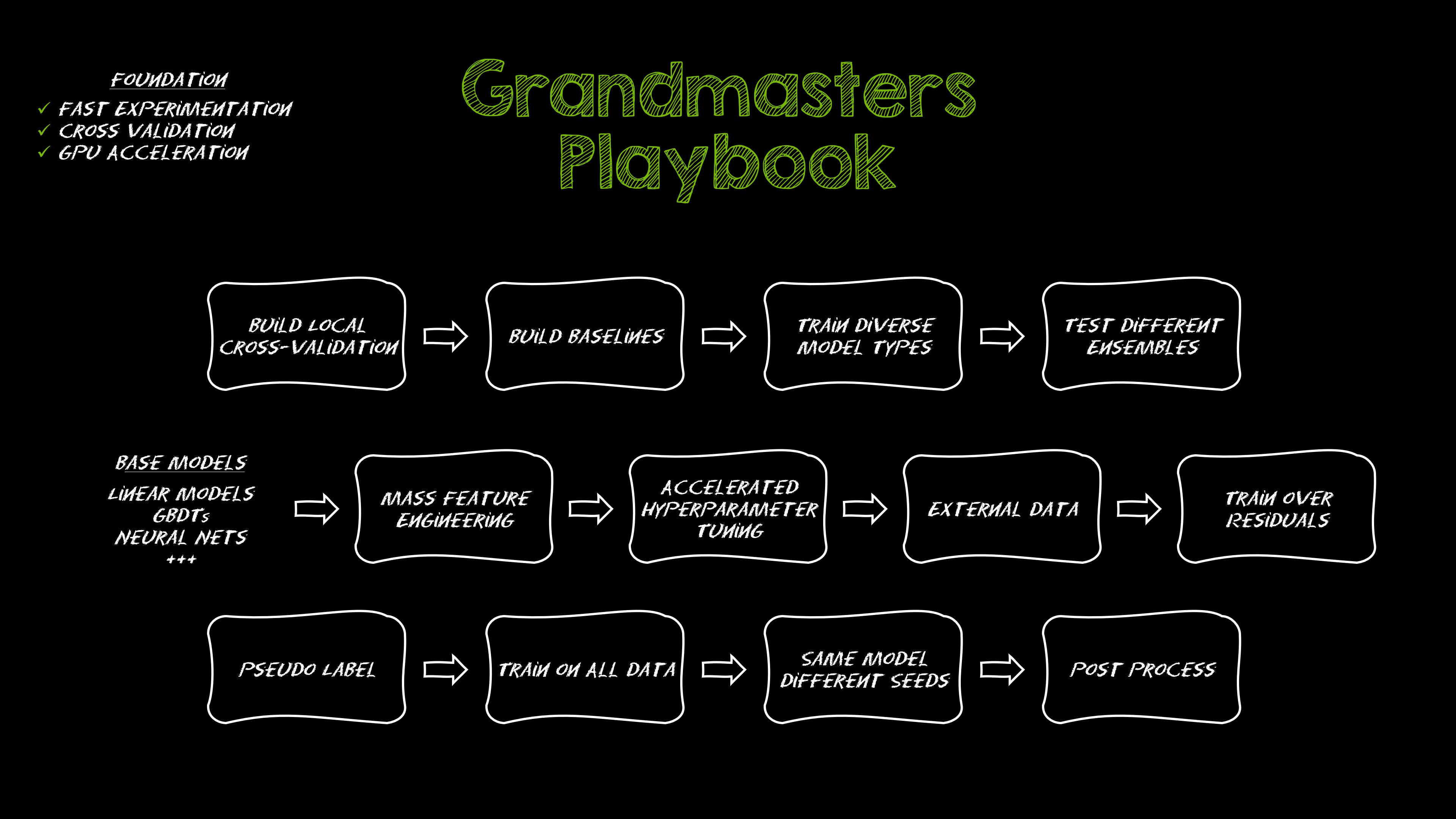
Who Are Climate-Conscious Consumers? Northwind Climate’s Surprising Insights
Sources: https://techcrunch.com/2025/04/01/who-are-climate-conscious-consumers-not-who-youd-expect-says-northwind-climate, techcrunch.com
TL;DR
- Northwind Climate identifies a category called the “climate doers,” who are climate-minded and tend to buy climate-friendly products, and notes they comprise about 15% of U.S. consumers.
- The company also identifies four other behavioral groups, including “climate distressed” and “climate deniers.” About 30% of climate doers are Republicans.
- The startup maintains a database of 20,000 survey respondents across eight surveys, growing by roughly 2,500 respondents per month, with quarterly industry surveys.
- Subscriptions run US$10,000 per quarter or US$40,000 per year and allow customers to add up to four of their own questions each quarter.
- Northwind is building a chatbot for plain-language analyses and a virtual focus group AI model to evaluate marketing materials; the platform aims to help brands engage climate-conscious consumers without greenwashing.
Context and background
Northwind Climate, founded by Doug Rubin, emerged from Rubin’s experience in the political world where surveys drive understanding shifts in public sentiment. The company focuses on behavioral clues rather than traditional demographic buckets to classify consumers by their climate-related attitudes and actions. In addition to the core group of climate doers, the firm has defined four other behavioral categories that describe varying levels of concern and financial security related to climate issues. Among climate doers, roughly 15% of all U.S. consumers fall into this category, and Rubin notes that about 30% of climate doers identify as Republicans. The company has described its approach as moving away from demographic segmentation toward behavior-driven insights drawn from survey responses. Northwind Climate announced a pre-seed round of $1.05 million, with participation from angel investors including Tom Steyer, Deval Patrick, and Alexander Hoffmann of Susty Ventures. The seed round underscores investor interest in models that tie consumer behavior to climate outcomes and corporate messaging. For additional context on these points, TechCrunch covered the announcement and the underlying approach. Northwind built a database that currently includes 20,000 respondents across eight surveys and is growing at about 2,500 respondents per month. The firm also runs an industry-specific survey every three months to capture deeper insights for different customer segments. This structure provides a recurring data stream that clients can use to track shifts in climate-related attitudes and purchasing behavior over time. TechCrunch article. The climate-focused taxonomy includes the core “climate doers” group, which Rubin says will resonate with brands seeking to align with climate-friendly consumer values. The company also points to two concrete messaging strategies depending on the target segment: for climate doers and climate distressed, messages should frame products as choices that reduce pollution, save money on fuel, and address climate issues; for climate doubters and deniers, messaging should emphasize freedom of choice and the practical, affordable, and clean aspects of electric vehicles (EVs). Northwind Climate’s platform is designed to be customer-accessible. Subscribers can view the data Northwind has collected, the questions asked, and basic analyses like cross-tabulations. The service also provides a feature set intended to lower the cost of obtaining ongoing insights, including the option to add four own questions per quarter, a capacity evaluated as more cost-efficient than running a full annual survey. The company has described a roadmap that includes an AI-powered chatbot to answer user questions in plain language and a virtual focus group that analyzes marketing materials with an AI model trained on survey responses. TechCrunch article. What Northwind is proposing has implications for how brands reach climate-conscious audiences. Rubin argues that the opportunity to connect with climate-aware consumers is widespread across political affiliations and regional groups, countering assumptions that climate concern maps cleanly to a single political demographic. He contends that brands willing to be strategic about climate messaging can be rewarded by audiences across the spectrum. The platform’s emphasis on user-savvy consumers and the risk of greenwashing reflects broader industry concerns about the reputational consequences of exaggerated or false environmental claims. The TechCrunch report captures these points in the context of Northwind’s funding and product roadmap.
What’s new
Northwind Climate has introduced a structured, growing data resource and new product features designed to turn survey data into actionable marketing insights. The company reports a database of 20,000 survey respondents across eight surveys and a growth rate of about 2,500 respondents per month. It also conducts an industry-specific survey every three months to deliver deeper insights for different customer needs. Clients subscribing to the service pay US$10,000 per quarter or US$40,000 per year and can add up to four own questions each quarter, representing a cost-effective alternative to annual surveys for many organizations. One operational capability highlighted by Northwind is cross-tabulation analysis, which lets customers explore relationships across variables such as climate concern level, political affiliation, and purchasing behavior. A built-in chatbot is in development to enable users to request analyses via plain-language queries, reducing the learning curve for non-technical users. In addition, the startup is pursuing a virtual focus group, an AI model trained on survey responses that can evaluate a company’s marketing materials—TV spots and social media ads—providing feedback similar to that of a human focus group. The company aims to release the virtual focus group in the next four to five months, with ongoing updates as new data are incorporated.
Why it matters (impact for developers/enterprises)
From the perspective of developers and enterprise teams, Northwind Climate offers a dataset and tooling paradigm that prioritizes behavior over demographics. The emphasis on survey-driven segments and cross-tab analyses can help product teams and marketers tailor climate-related messages to specific behavioral groups rather than broad demographic categories. The finding that climate doers comprise about 15% of U.S. consumers, and that a non-trivial share of this group (around 30%) are Republicans, illustrates how climate-conscious audiences cut across political lines and could be targeted with nuanced messaging rather than generic campaigns. The company’s stance on greenwashing is notable for developers integrating marketing workflows. Rubin argues that surveys show consumers are savvy and that exaggerated environmental claims can damage brand reputations. This stance aligns with responsible data practices and transparent messaging, which are increasingly important as platforms incorporate AI-assisted analysis and feedback loops into marketing workflows. The combination of a growing survey database, quarterly industry surveys, and AI-enabled tools provides a practical framework for teams seeking to measure climate-conscious sentiment with ongoing, defendable data. For enterprises, the platform’s pricing structure and the ability to add client-specific questions can enable rapid experimentation and customization. The quarterly cadence offers a steady stream of insights without the cost of annual, large-scale surveys. The planned chatbot and virtual focus group further position the platform as a comprehensive analytics layer for climate-related marketing, potentially reducing the time to insight for campaigns and enabling more tested, responsive messaging.
Technical details or Implementation
Northwind Climate’s data backbone comprises a survey-based dataset currently featuring 20,000 respondents across eight surveys and a growth trajectory of roughly 2,500 respondents each month. Every three months, the company runs an industry-specific survey to capture context-specific insights for different customer segments. Subscribers have access to the collected data, the questions asked, and basic analytics such as cross-tabulations. The service is priced at US$10,000 per quarter or US$40,000 per year, with the option to add up to four own questions each quarter, a flexibility emphasized as being less expensive than an annual survey for many buyers. In terms of tooling, Northwind is developing a chatbot that accepts plain-language queries to retrieve analyses from the data. This feature is designed to make data exploration accessible to non-technical stakeholders and to speed up decision-making. The company is also creating a virtual focus group, an AI model trained on survey responses that can review a company’s marketing materials and provide feedback similar to human focus groups. Northwind expects to roll out the virtual focus group within four to five months and will continue refining the model as new data become available. From a methodological standpoint, the firm emphasizes behavioral classification rather than traditional demographic segmentation. The taxonomy includes a primary group — climate doers — and four other behavioral cohorts, including climate distressed and climate deniers. The latter are described as retirees who feel that media coverage may exaggerate the climate problem, while the former are characterized as slightly less climate-concerned and not as financially secure as climate doers. The company frames its insights as applicable to a broad audience and argues that messages must be tailored to reflect the specific motivational drivers of each group.
Key takeaways
- Northwind Climate uses behavior-based segmentation rather than demographic buckets to identify climate-conscious consumers.
- The core group, climate doers, represents about 15% of U.S. consumers and includes a notable share who are Republicans.
- A growing database (20,000 respondents) across eight surveys, with quarterly industry surveys, underpins the analytics platform.
- The pricing model (US$10k/quarter or US$40k/year) allows clients to add up to four own questions per quarter, offering flexibility and cost efficiency.
- New AI-driven tooling, including a plain-language analytics chatbot and a virtual focus group, are designed to scale insights while reducing reliance on external agencies.
FAQ
-
Who are the climate doers?
They are consumers who are concerned about climate change and tend to prioritize climate-friendly purchases; they represent about 15% of all U.S. consumers. They also include a subset who are Republicans (about 30% of climate doers).
-
What data sources does Northwind Climate use?
The company maintains a database of 20,000 survey respondents across eight surveys and conducts an industry-specific survey every three months.
-
What can subscribers do with the platform?
Subscribers can access the collected data and questions, perform cross-tabulations, and add up to four of their own questions per quarter.
-
What new tools are on the roadmap?
A chatbot for plain-language analyses and a virtual focus group AI model that analyzes marketing materials and provides feedback.
-
Why is this approach valuable for brands?
The behavioral approach can reveal opportunities to engage climate-conscious consumers across political lines, while the emphasis on avoiding exaggerated environmental claims helps mitigate reputational risk.
References
More news
First look at the Google Home app powered by Gemini
The Verge reports Google is updating the Google Home app to bring Gemini features, including an Ask Home search bar, a redesigned UI, and Gemini-driven controls for the home.
Shadow Leak shows how ChatGPT agents can exfiltrate Gmail data via prompt injection
Security researchers demonstrated a prompt-injection attack called Shadow Leak that leveraged ChatGPT’s Deep Research to covertly extract data from a Gmail inbox. OpenAI patched the flaw; the case highlights risks of agentic AI.
Predict Extreme Weather in Minutes Without a Supercomputer: Huge Ensembles (HENS)
NVIDIA and Berkeley Lab unveil Huge Ensembles (HENS), an open-source AI tool that forecasts low-likelihood, high-impact weather events using 27,000 years of data, with ready-to-run options.
Scaleway Joins Hugging Face Inference Providers for Serverless, Low-Latency Inference
Scaleway is now a supported Inference Provider on the Hugging Face Hub, enabling serverless inference directly on model pages with JS and Python SDKs. Access popular open-weight models and enjoy scalable, low-latency AI workflows.
Google expands Gemini in Chrome with cross-platform rollout and no membership fee
Gemini AI in Chrome gains access to tabs, history, and Google properties, rolling out to Mac and Windows in the US without a fee, and enabling task automation and Workspace integrations.
Kaggle Grandmasters Playbook: 7 Battle-Tested Techniques for Tabular Data Modeling
A detailed look at seven battle-tested techniques used by Kaggle Grandmasters to solve large tabular datasets fast with GPU acceleration, from diversified baselines to advanced ensembling and pseudo-labeling.





